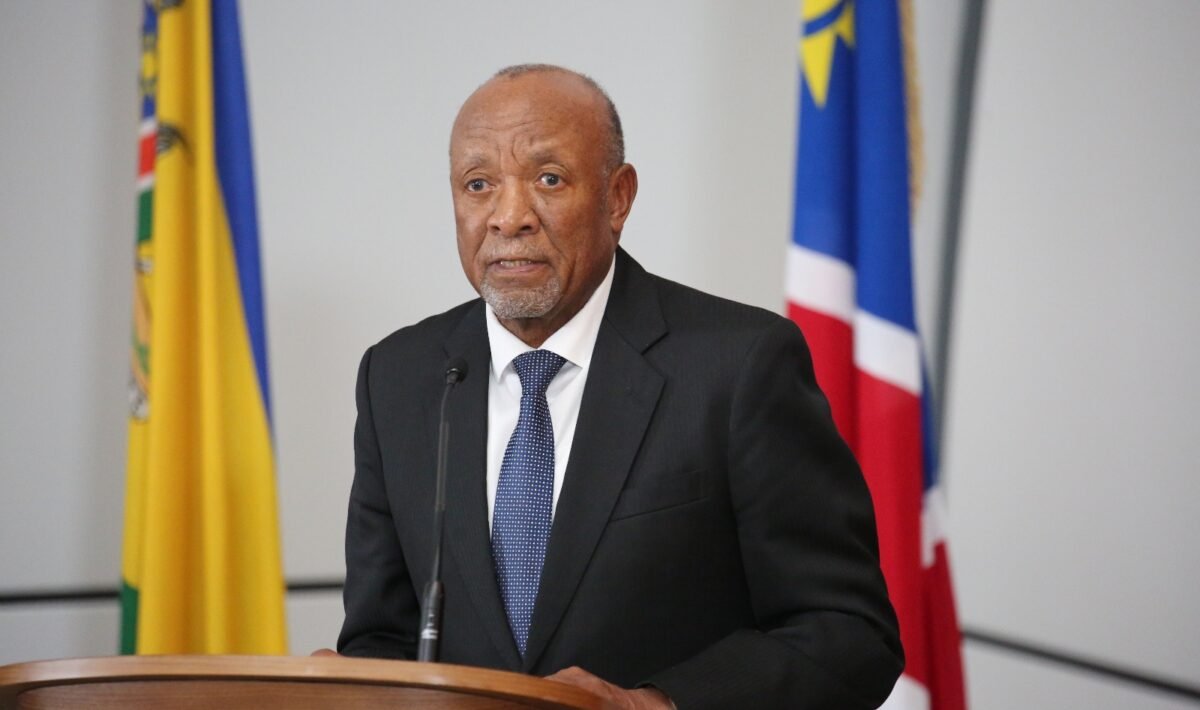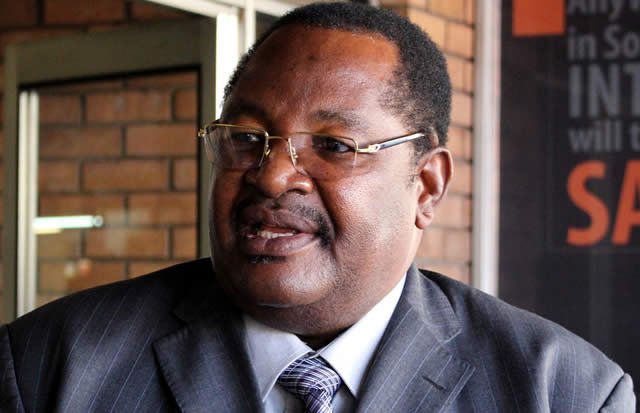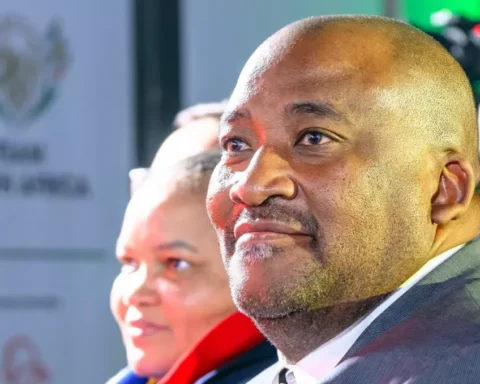Windhoek, Namibia – In a bold statement issued on March 7, 2024, the Government of the Republic of Namibia has called for the immediate and unconditional lifting of all illegal economic sanctions imposed against Zimbabwe. This call to action comes in the wake of new sanctions announced by the United States’ President, Joseph B. Biden, on the 4th of March.
Standing firm on its constitutional principles of non-interference in the internal affairs of sovereign nations, as enumerated under the Charter of the United Nations, Namibia has criticised these unilateral coercive measures. The Namibian government believes that such sanctions undermine constructive engagement and are not in keeping with international law, as they have not been authorised by the United Nations Security Council.
The media release underscores Namibia’s stance that the continued economic sanctions, under the guise of economic constraints, prevent Zimbabwe from realizing its full economic potential. The Government of Namibia recognises the efforts made by Zimbabwe towards inclusive and forward-looking initiatives aimed at broad-based economic transformation.
In solidarity with the Southern African Development Community’s (SADC) position, Namibia’s government emphasised the detrimental spillover effects of the sanctions not only on Zimbabwe but across the entire SADC region. The statement reiterates the longstanding demand by the SADC and the African Union for the lifting of all sanctions against Zimbabwe, viewing them as unjust and counterproductive.
The Honorable Dr. Peya Mushelenga, Minister of International Relations and Cooperation, noted that the sanctions impede Zimbabwe’s reintegration into the global financial system, a step that is deemed crucial by its African neighbour’s. The Republic of Namibia’s call to lift sanctions is a reflection of its dedication to regional solidarity and mutual interest.
As tensions rise over these recent developments, the international community’s response remains to be seen. Namibia’s appeal adds to the growing voice within the African continent for autonomy and fair treatment in international relations.








